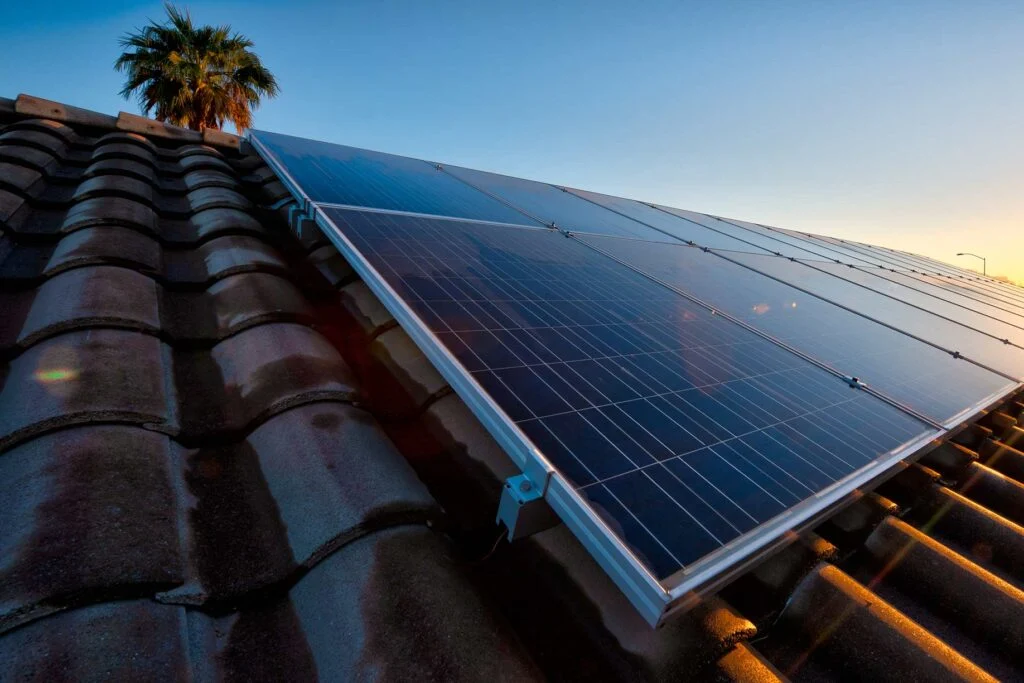It’s been 151 days since South Africa experienced load shedding, a deliberate rationing of electricity supply to prevent failure of the entire system. The turnaround for struggling Eskom is excellent news for South African homes, but it has cast a pall over renewable energy startups that grew quickly as the power situation worsened.
“Startups whose only value proposition was an alternative to load shedding are seeing that they have to change their business models very quickly,” one investor who asked not to be named told TechCabal.
On Facebook Marketplace, some customers are selling their backup solar power systems for 80% less than the original price, reflecting slowing demand as the national grid becomes more reliable. One customer listed their Growatt 5kW backup solar system, which retails around R35,000 ($2,000) for R6,000 ($337).
According to a report, between January and May 2024, rooftop solar panel installations climbed by 2.7% compared to 31% in the same period in 2023.
A kilowatt hour (kWh) of electricity on the Eskom grid costs around R3.30 ($0.19), while a kWh of solar current costs around R2 ($0.11).
While the cost of solar systems is projected to decrease by an average of 10% annually, Eskom tariffs are projected to rise by 44% in 2024, making the former a cheaper alternative for most households.
In July, Hohm Energy, a solar startup that raised an $8 million seed round, entered administration after struggling to meet debt obligations.
Hohm Energy grew aggressively as load shedding peaked. However, when power cuts decreased in mid-2024, the company could not eliminate the sticky costs it had acquired to drive the growth of its solar offering.
Despite load shedding being a significant driver for adopting alternative energy sources, there are other factors like cheaper electricity tariffs and adopting cleaner energy sources. It means there are still opportunities for clean energy startups.
“We have actually grown at a faster rate after the high levels of load shedding because tariffs continue to increase by as much as double digits,” said Vincent Maposa, founder of Multichoice-backed Wetility “People are seeking ways to save especially in this tough macroeconomic environment.”
Wetility’s software product allows customers to manage and monitor their power systems and usage remotely.
“Although a decrease in load shedding has seen a decrease in solar system installations, people are still looking to get the most value for money because of inflation and other factors and that’s where Plentify comes in,” said Jon Kornik, the founder of Plentify, a load management platform.
Despite Eskom’s improving power generation capabilities, the national power company bleeds cash because of high debt and operating costs. It passes these costs to consumers in the form of higher tariffs. This means that although consumers will enjoy a better power supply, they will pay more. This will continue to provide a rationale for alternative energy startups.
Have you got your early-bird tickets to the Moonshot Conference? Click this link to grab ’em and check out our fast-growing list of speakers coming to the conference!





















